The ultimate guide to dirty keto and clean keto
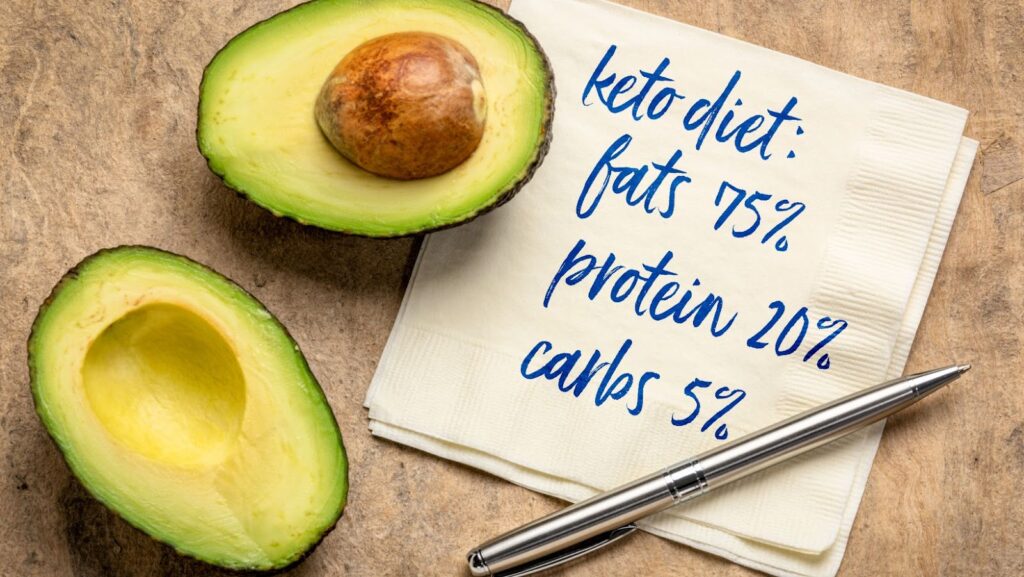
The ultimate guide to dirty keto and clean keto
What is the keto diet?
The keto diet is a low-carb, high-fat diet. It involves drastically reducing carbohydrate intake and replacing it with fat. This reduction in carbs puts your body into a metabolic state called ketosis. When this happens, your body becomes incredibly efficient at burning fat for energy. It also turns fat into ketones in the liver, which can supply energy to the brain
What is dirty keto?
The dirty keto diet is a variation of the keto diet that doesn’t focus on healthy food choices. Dirty keto allows for any food as long as it fits your macros, which makes it a less sustainable option in the long run.
Dirty keto is also sometimes referred to as lazy keto or junk food keto. The main difference between dirty and clean keto is that dirty keto doesn’t emphasize healthy food choices, while clean keto does.
While you can lose weight on dirty keto, it’s not a sustainable way to eat in the long term and you’re more likely to regain the weight you lost once you go off the diet. If you’re looking for a sustainable way to lose weight, consider clean keto instead.
What is clean keto?
The main difference between clean keto and dirty keto is the quality and type of food you eat while following the diet.
On a clean keto diet, you focus on whole, unprocessed foods. This approach is designed for long-term health benefits, such as weight loss, improved mental clarity, and decreased inflammation.
Dirty keto vs clean keto
So, which one should you choose? Well, that depends on your lifestyle and preferences. If you’re someone who likes to eat a lot of processed food, then dirty keto might be right for you. But if you’re looking for a healthier option, then clean keto is the way to go.
Either way, the important thing is to make sure you’re getting enough nutrients and not overdoing it on the fat and protein. With a little planning and effort, the keto diet can be sustainable for anyone!
What are the benefits of the keto diet?
There are a number of benefits associated with the keto diet, including weight loss, improved mental clarity and decreased inflammation. One of the main attractions of the keto diet is that it helps to promote a state of ketosis, which is when your body burns fat for energy, rather than glucose. This can lead to a number of benefits, including weight loss. In addition, the keto diet can help to improve mental clarity and decrease inflammation.
What are the risks of the keto diet?
There are a few risks associated with the keto diet, particularly if it is not done correctly. This includes things like nutrient deficiencies, dehydration, and increased risk of kidney stones.
One of the biggest risks is something called “dirty keto.” This is when people follow the keto diet but do not necessarily stick to healthy, whole foods. They may instead eat processed meats, cheese, and other unhealthy food items in large quantities. This can lead to weight gain and other health problems.
Clean keto, on the other hand, is following the keto diet while eating mostly whole, unprocessed foods. This is a much healthier way to do keto and will minimize your risk of developing any negative health effects.
What are the side effects of the keto diet?
The keto diet is a high-fat, low-carbohydrate diet that can have some side effects. The most common ones are constipation, headaches, bad breath, and fatigue. Some people also report GI issues like nausea and diarrhea. This is usually due to the lack of fiber in the diet.
Is the keto diet sustainable?
First, let’s look at the sustainability of the diet itself. The keto diet is a high-fat, low-carb diet that forces your body into a state of ketosis. In order to do this, you have to limit your carb intake to under 50 grams per day. For some people, this may not be sustainable in the long-term because it’s too restrictive.
If you’re someone who loves carbs and doesn’t want to give them up completely, then dirty keto may be a better option for you because it’s less restrictive. However, if you’re someone who is willing to give up carbs completely or you have no problem eating a high-fat diet, then clean keto may be more sustainable for you in the long run.
Another factor to consider is the sustainability of your food sources. If you’re following a clean keto diet, then you’ll need to make sure that your food sources are sustainable. This means eating mostly grass-fed meats and wild-caught seafood, as well as organic vegetables and fruits.
On the other hand, if you’re following a dirty keto diet, then you have more leeway with your food sources since processed meats and cheeses are allowed. However, it’s still important to try to make sure that your food sources are as sustainable as possible.

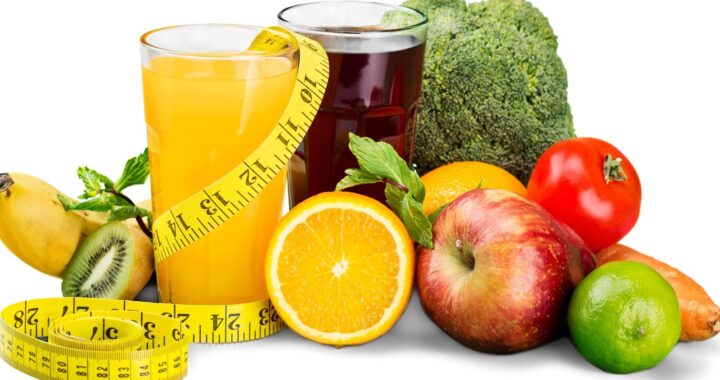 Fad Diets and Long-Term Solutions: A History of Dieting Trends
Fad Diets and Long-Term Solutions: A History of Dieting Trends  5 Weight Loss Myths
5 Weight Loss Myths 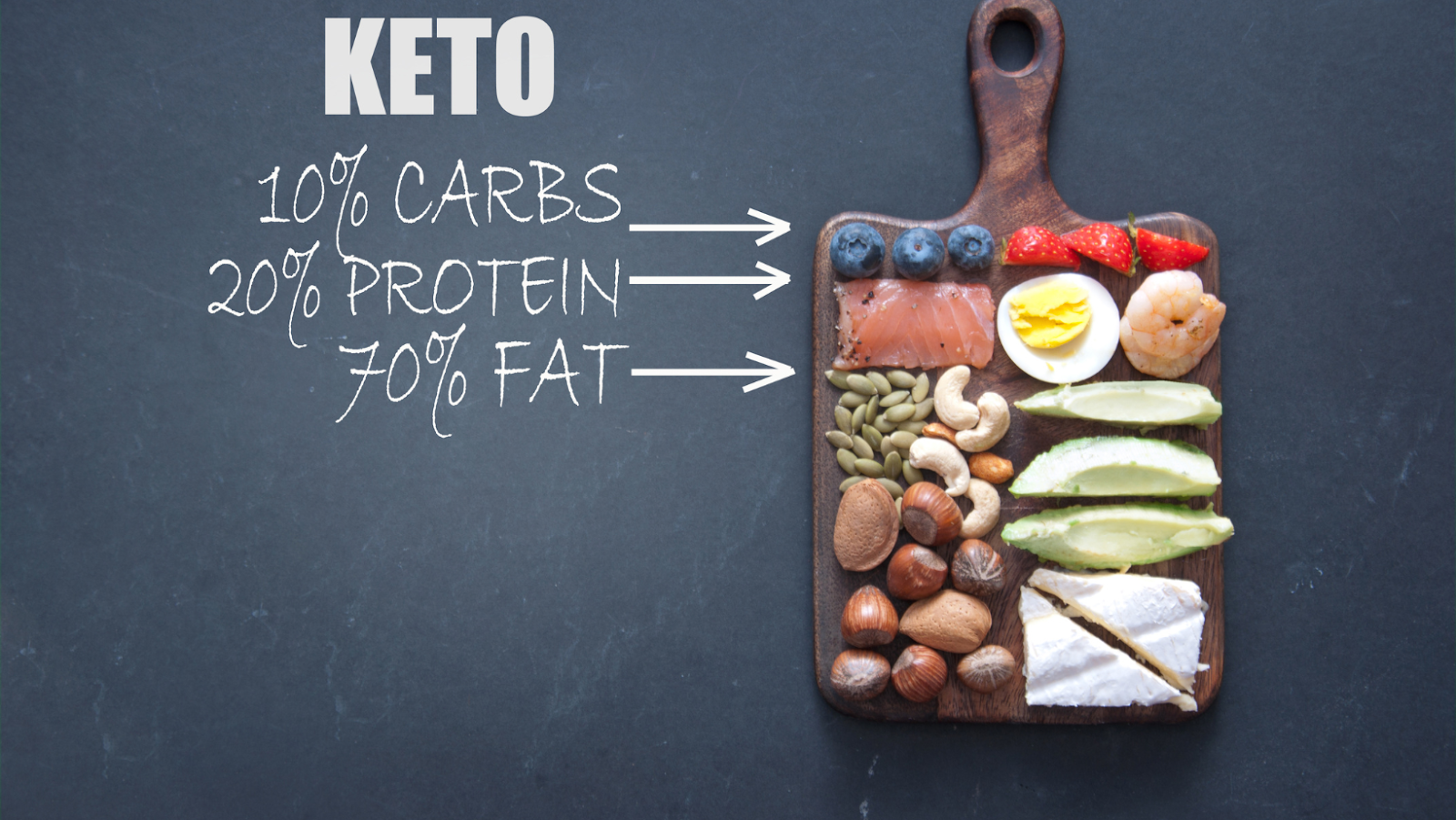 The Secret to Getting More Energy and Endurance When you are on a Keto Diet
The Secret to Getting More Energy and Endurance When you are on a Keto Diet 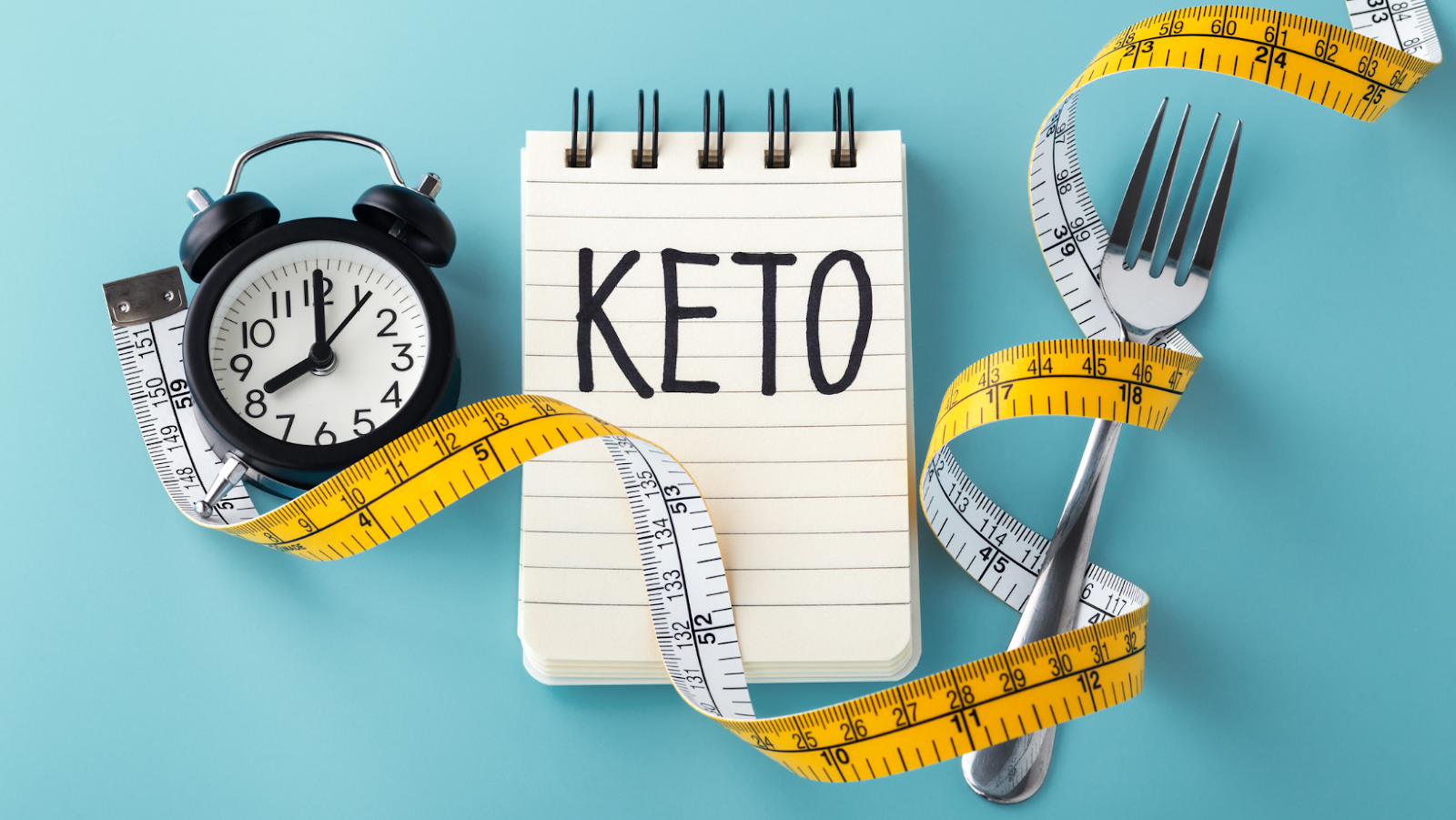 The Ultimate Guide to Keto Carrots
The Ultimate Guide to Keto Carrots 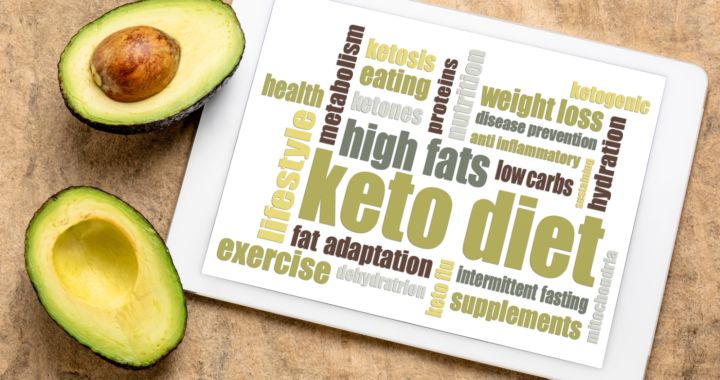 The Easiest Way to Know If an Item is Keto Without Breaking the Bank
The Easiest Way to Know If an Item is Keto Without Breaking the Bank  The benefits of drinking wine
The benefits of drinking wine